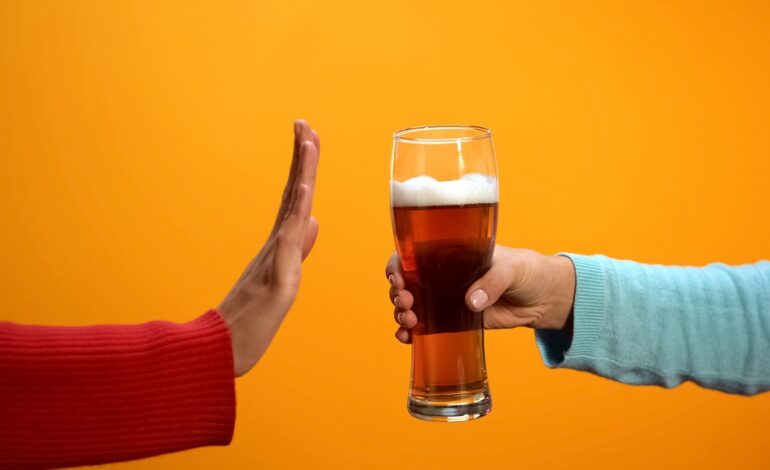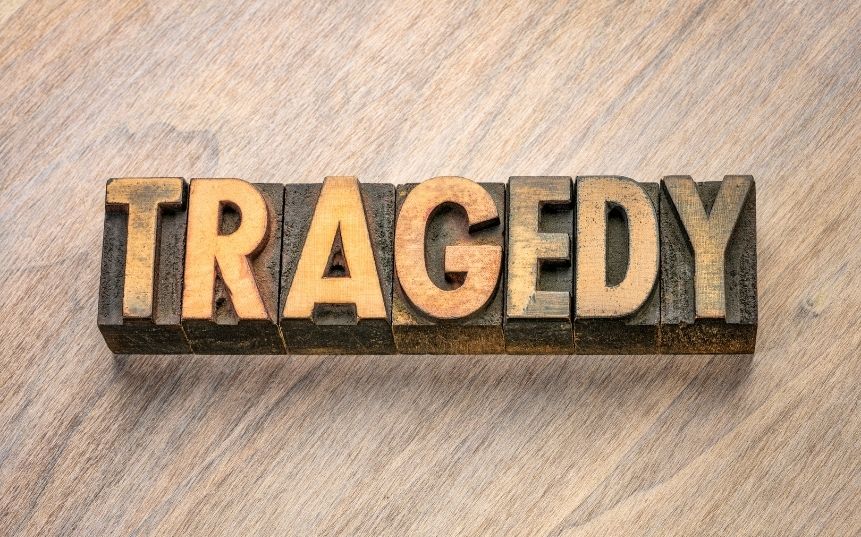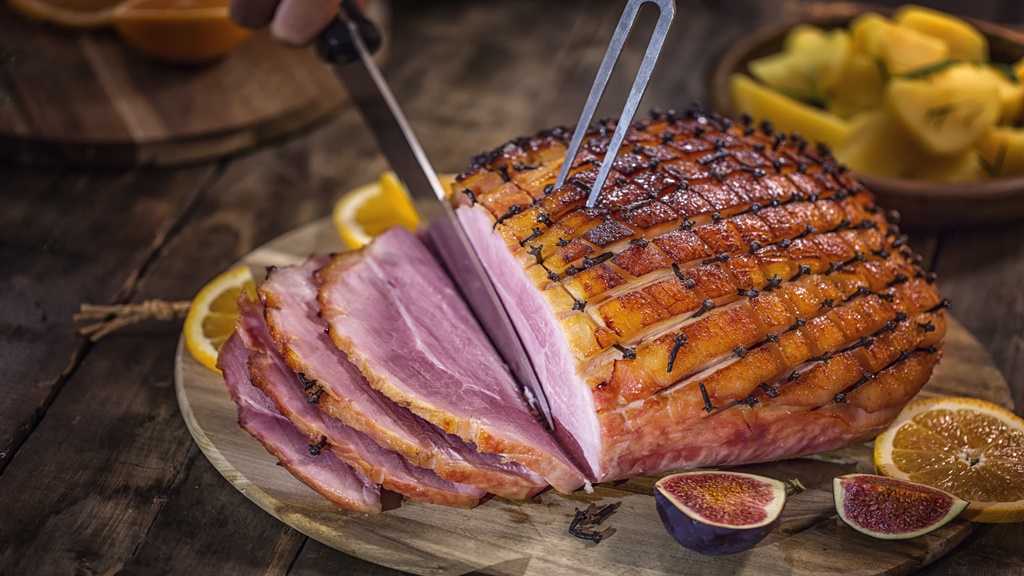Tired of hangovers? 5 ways to sober up

“Take a drink” is one of the most common refrains one hears in the Caribbean, especially around Carnival, Christmas, and just generally any festive time during the year.
However, many studies show the detrimental effects of excessive drinking.
Woke up thirsty during the night? Chances are you’re dehydrated, because alcohol is a diuretic.
Alcohol is also a depressant – initially, you may feel more relaxed after a drink, but these effects quickly wear off. In order to continue feeling that way, one may feel the need to drink more, creating a toxic cycle.
Other more serious health issues include liver damage, heart disease and even brain and nervous system problems.
How much alcohol is too much?
In the US, moderate drinking consists of one drink per day for women and two drinks per day for men (one drink = one 12-ounce bottle of beer or 150ml of wine).
If you’re drinking more than that, you may need to re-examine your alcohol consumption.
In the US, binge drinking is defined as having more than four drinks, for a woman, within a two-hour period, or more than five drinks, for a man, within a two-hour period.
Some indicators that alcohol may be having a detrimental effect on your life include the following:
- If you have withdrawal symptoms or spend a lot of time drinking or recovering from drinking
- If you drink more than you meant to
- If you can’t think of anything besides having a drink
- If it affects your daily activities or caused a risk to you or others, such as drunk driving
- If it causes issues with you and friends or family
Here are five ways to sober up:
1. Find alternative ways to relieve stress
Many people use alcohol as a way to relieve stress, so seek out alternative, and healthier methods, such as joining a gym or exercise class, taking up a hobby, meditating, going for walks, or even gardening.
There are also many free online courses where one can learn a new language or skill, which could improve your career chances.
2. Connect with supportive groups, friends and family members
There are many Facebook and other groups online where others share their stories of sobriety and how they stopped drinking alcohol.
Acknowledging the psychological aspects of alcohol addiction is important in order to recognise potential triggers and address them.
Reaching out to a local counsellor or AA group is another great way to get help and advice on how to remain focused on the journey to sobriety.
3. Don’t be afraid of peer pressure
Some may feel pressured into drinking alcohol because they’ve been given the impression that it’s a socially acceptable way to spend time together or enjoy each other’s company – this isn’t true.
Although it might be difficult for friends to accept, your decision to be healthy is a wise one, and friends who support you will understand that.
Additionally, there are many fun non-alcoholic beverages on the market (such as non-alcoholic beer, mocktails and other fruity drinks) that can still allow you to toast to someone’s health, which is even more apt if you’re skipping the alcohol.
If there’s a friend who doesn’t support your decision or keeps harping on it, maybe they weren’t such a good friend after all and you need to keep your distance.
4. Don’t beat yourself up
Avoiding or reducing your alcohol intake isn’t a punishment and shouldn’t be viewed as such. Minimizing the health risks associated with excessive alcohol consumption is a positive and life-changing step and can even help you save money.
If you do end up having a beer or glass of wine, don’t make yourself feel bad about it, just remember your reasons for doing this in the first place, focus on the positive, and find ways to avoid a reoccurrence.
5. Eat nutritious food
Try new recipes and make delicious meals to add enjoyment in your life while ensuring your body has the nutrition it needs.
There are many different foods that can add that lustre back into your skin, bring vibrancy to your hair and give you that all-over glow so that you feel good in the long term, instead of depending on alcohol to give you a short-term buzz.
Looking for more tips on staying sober?
See these helpful tips from the US Centers for Disease Control: https://www.cdc.gov/drinklessbeyourbest/





